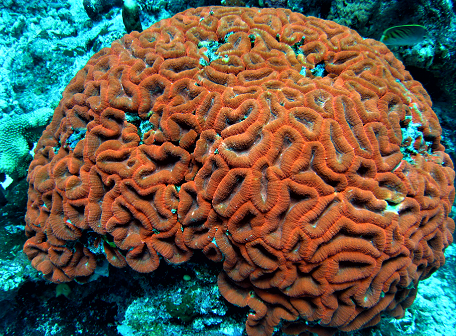
-----------------------------------
ABSTRACT
Rapid stimulation of human dentate gyrus function with acute mild exercise
Kazuya Suwabe, Kyeongho Byun, Kazuki Hyodo, Zachariah M. Reagh, Jared M. Roberts, Akira Matsushita, Kousaku Saotome, Genta Ochi, Takemune Fukuie, Kenji Suzuki, Yoshiyuki Sankai, Michael A. Yassa, and Hideaki Soya
PNAS published ahead of print September 24, 2018 https://doi.org/10.1073/pnas.1805668115
Significance
Our previous work has shown that mild physical exercise can promote better memory in rodents. Here, we use functional MRI in healthy young adults to assess the immediate impact of a short bout of mild exercise on the brain mechanisms supporting memory processes. We find that this brief intervention rapidly enhanced highly detailed memory processing and resulted in elevated activity in the hippocampus and the surrounding regions, as well as increased coupling between the hippocampus and cortical regions previously known to support detailed memory processing. These findings represent a mechanism by which mild exercise, on par with yoga and tai chi, may improve memory. Future studies should test the long-term effects of regular mild exercise on age-related memory loss.
Abstract
Physical exercise has beneficial effects on neurocognitive function, including hippocampus-dependent episodic memory. Exercise intensity level can be assessed according to whether it induces a stress response; the most effective exercise for improving hippocampal function remains unclear. Our prior work using a special treadmill running model in animals has shown that stress-free mild exercise increases hippocampal neuronal activity and promotes adult neurogenesis in the dentate gyrus (DG) of the hippocampus, improving spatial memory performance. However, the rapid modification, from mild exercise, on hippocampal memory function and the exact mechanisms for these changes, in particular the impact on pattern separation acting in the DG and CA3 regions, are yet to be elucidated. To this end, we adopted an acute-exercise design in humans, coupled with high-resolution functional MRI techniques, capable of resolving hippocampal subfields. A single 10-min bout of very light-intensity exercise (30%V˙O2peak) results in rapid enhancement in pattern separation and an increase in functional connectivity between hippocampal DG/CA3 and cortical regions (i.e., parahippocampal, angular, and fusiform gyri). Importantly, the magnitude of the enhanced functional connectivity predicted the extent of memory improvement at an individual subject level. These results suggest that brief, very light exercise rapidly enhances hippocampal memory function, possibly by increasing DG/CA3−neocortical functional connectivity.




